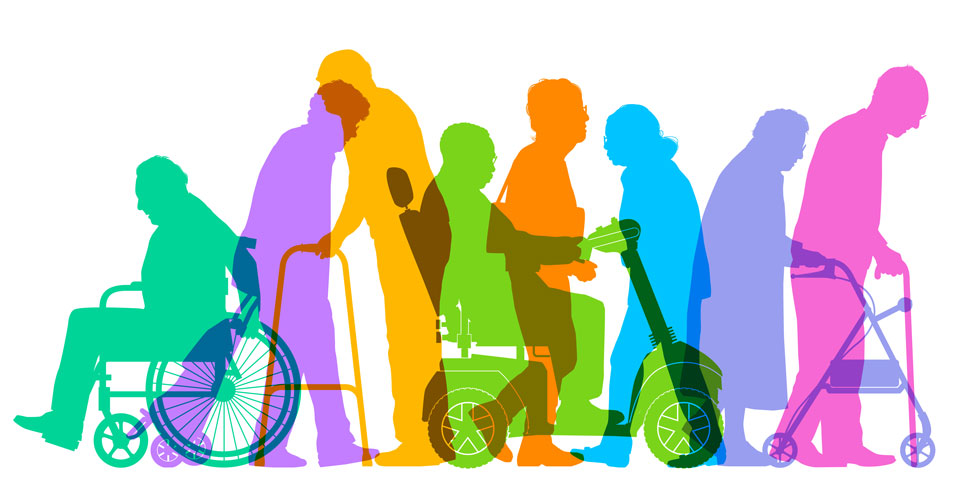Older patients usually take more than one medication and are more susceptible to the potential harmful effects of medication errors during transition of care between nursing homes and external healthcare facilities.
However, these adverse events are mostly preventable through the implementation of patient safety programmes, including structured medication reconciliation processes, which may contribute to improved health outcomes and fewer hospital admissions.
This prospective descriptive study of five nursing homes in Spain, involving 981 patients, quantified the reconciliation errors detected by pharmacists through a standardised reconciliation process over a period of five years.
Among 2123 care transition events identified, corresponding to 10,955 medications reviewed, 583 discrepancies were reported. A total of 16% involved at least one medication error, with 48% cases of incorrect dosing and 31% of omissions. Moreover, approximately 40% of the errors involved high-risk medication such as anticoagulants, antipsychotics, opioids, and insulin.
Although transition type (that is, from hospital, emergency department or outpatient clinic visit to the nursing home) did not affect error frequency, this frequency increased for patients taking five or more medications for chronic diseases.
Therefore, in-house pharmacists should implement medication reconciliation programs to manage prescriptions before and after institutionalised patients receive care outside the nursing home.

